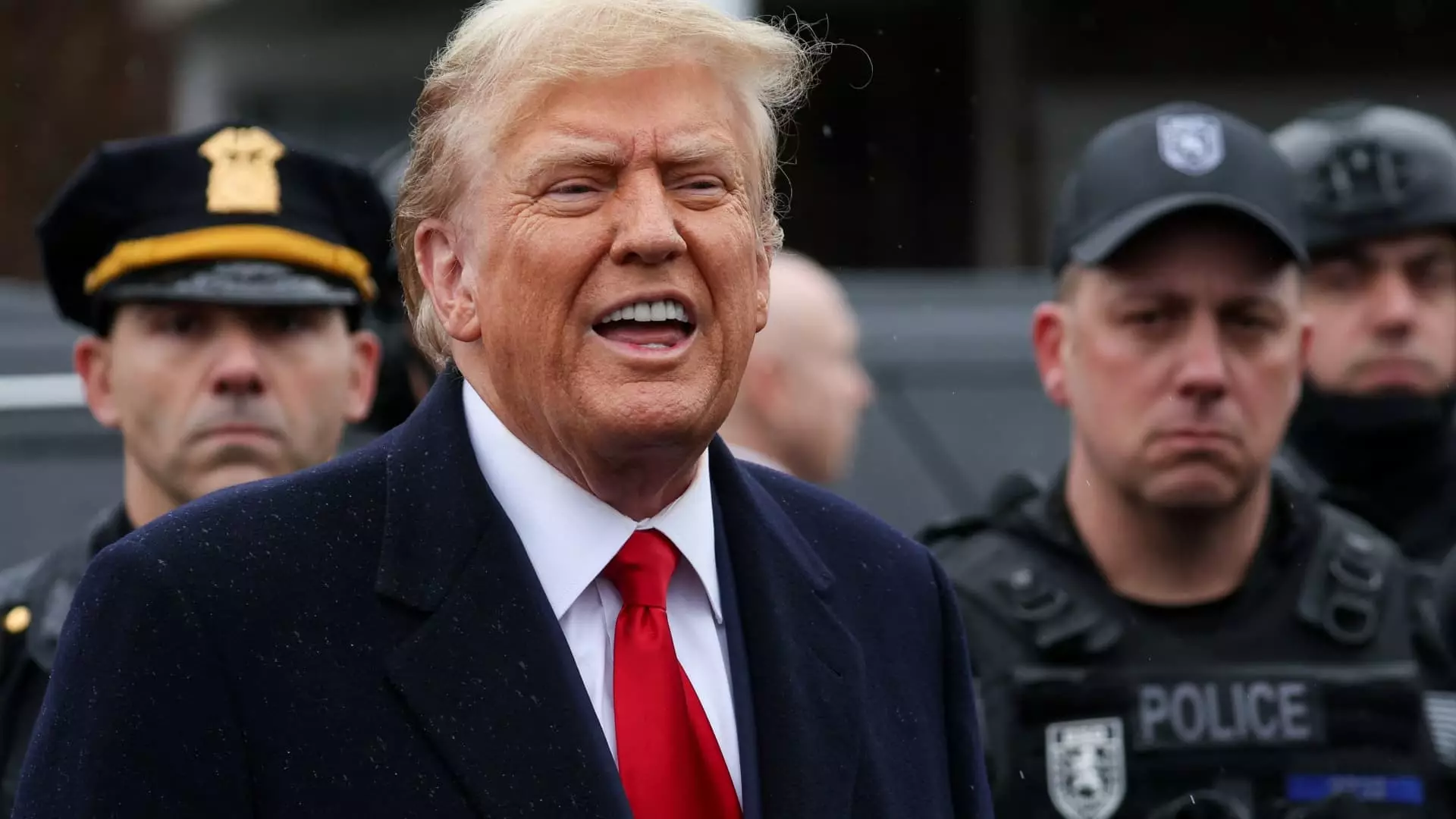Decades of trade deficits and the strengthening of the U.S. dollar have created a large number of “losers” within the U.S. economy. This situation led to the rise of protectionist policies, particularly championed by former President Donald Trump. These protectionist measures included imposing tariffs on countries like China, Mexico, and the European Union, with the aim of reducing the trade imbalances.
The Case for Protectionism
Richard Koo, chief economist at the Nomura Research Institute, argued that Trump’s “America First” economic policies, while widely criticized, did have some economic logic behind them. The issue at hand, according to Koo, was the fact that the U.S. has been running significant trade deficits for the past forty years. This has resulted in an increasing number of people viewing themselves as “losers” of free trade, which ultimately played a role in Trump’s election in 2016.
Koo highlighted the impact of exchange rates on trade imbalances, pointing out that the strength of the U.S. dollar has incentivized foreign imports while hurting U.S. exporters. He emphasized the need to address the exchange rate issue to prevent further widening of the trade deficit and to protect the interests of U.S. companies.
Drawing parallels with the Reagan era in 1985, Koo suggested that interventions in the foreign exchange market, such as the Plaza Accord, could help manage the exchange rate and prevent excessive trade deficits. The failure to address these issues could lead to economic challenges and increase the number of people disillusioned with the concept of free trade.
Challenges and Solutions
Koo argued against the conventional wisdom that trade deficits are solely due to insufficient savings and investment within the U.S. economy. He highlighted the importance of addressing exchange rate dynamics to rebalance trade flows and minimize the number of “losers” in the economy. By learning from past experiences with countries like Japan, policymakers can develop strategies to ensure a fairer playing field for U.S. businesses.
While President Joe Biden’s administration has shifted focus from traditional free trade deals, it has retained some of the measures implemented by the Trump administration. Instead of imposing new tariffs, Biden has emphasized industrial policies aimed at reshoring manufacturing activities to the U.S., particularly in critical sectors such as semiconductors and electric vehicles.
The impact of trade deficits and protectionist policies on the U.S. economy is a complex issue that requires careful consideration of various factors. By addressing exchange rate dynamics, promoting fair trade practices, and supporting domestic industries, policymakers can work towards creating a more balanced and sustainable economic environment for all stakeholders.

